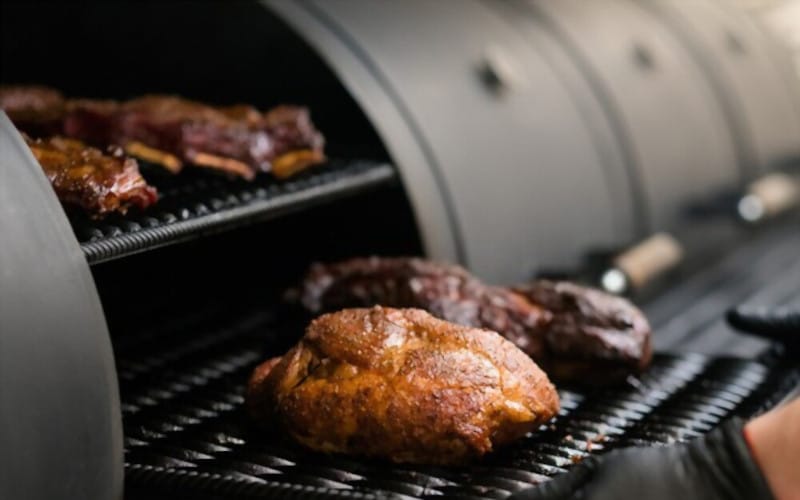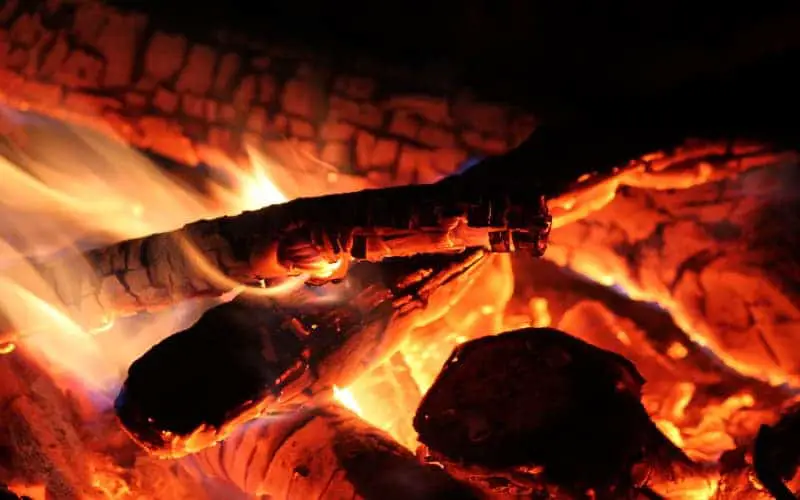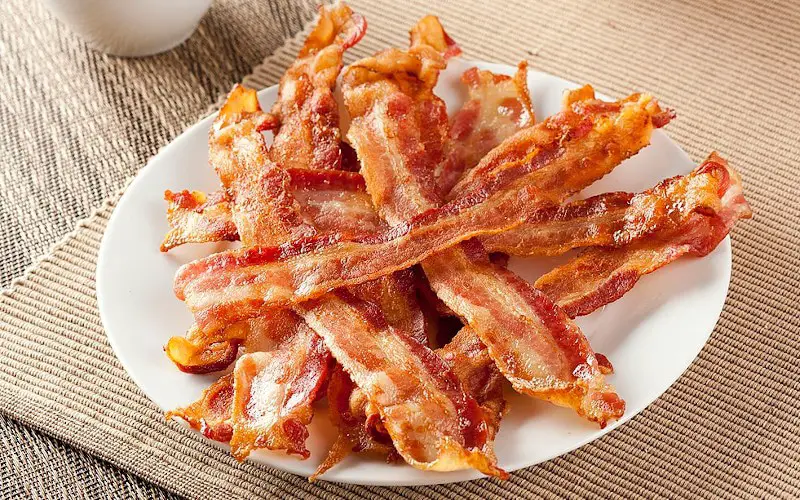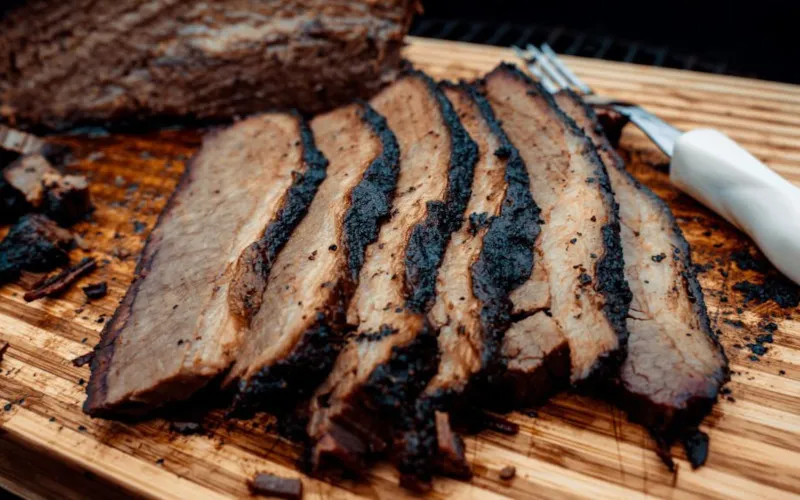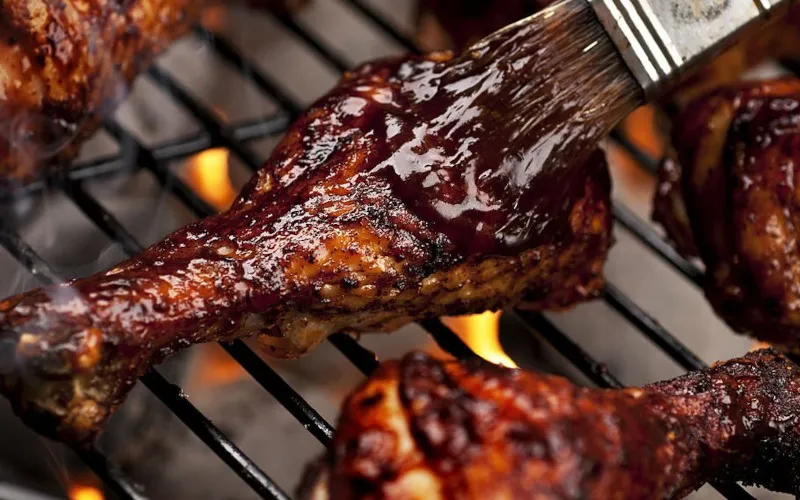I often have a bag or two of charcoal on hand for those impromptu BBQs with friends and family. But as with any perishable item, I’ve often wondered: does charcoal go bad?
In this article, we’ll dive into the answer to this question and how to properly store and care for your charcoal to ensure it lasts as long as possible.
What is Charcoal?
Charcoal is a fuel from partially or fully burned wood or other organic material charred or carbonized at high temperatures. It’s a popular choice for grilling and barbecuing due to its ability to produce high heat and its smoky flavor, which can enhance the taste of grilled foods.
So, does charcoal go bad? The short answer is yes. Charcoal can go bad. However, it has a relatively long shelf life compared to other perishable items, and with proper storage and care, it can last several years.
How Long Does Charcoal Last?
The shelf life of charcoal depends on a few factors, including the type of charcoal and how it’s stored.
Here’s a breakdown of the different types of charcoal and their average shelf life:
- Briquettes: Briquettes are the most common charcoal made from compressed sawdust and other wood byproducts. When stored properly, they have an average shelf life of 3-4 years.
- Lump charcoal: Lump charcoal is made from whole pieces of wood and has a shorter shelf life than briquettes, with an average of 2-3 years.
- Bamboo charcoal: Bamboo charcoal is a newer charcoal made from bamboo plants. It has a shorter shelf life than briquettes and lump charcoal, with an average of 1-2 years.
Factors That Affect the Shelf Life of Charcoal
There are a few factors that can affect the shelf life of your charcoal, including:
- Exposure to moisture: Charcoal absorbs moisture from the air, which can cause it to become less effective as fuel and shorten its shelf life. It’s important to store your charcoal in a dry place to prevent it from absorbing excess moisture.
- Exposure to air: Charcoal also oxidizes or reacts with oxygen over time. This process can cause it to lose some of its potency as a fuel. To prevent this, storing your charcoal in a sealed container or bag is important to keep out as much air as possible.
- Age: As with any perishable item, the longer you have your charcoal, the less effective it will become as a fuel. This is due to the oxidation and moisture absorption combination mentioned above.
Tips for Storing Charcoal
To ensure your charcoal stays fresh for as long as possible, follow these tips for proper storage:
- Store your charcoal in a dry place: As mentioned earlier, moisture is the enemy of charcoal. To prevent your charcoal from absorbing excess moisture, store it in a dry place, such as a garage or shed. Avoid storing it in damp basements or outdoors, where it can be exposed to rain or other sources of moisture.
- Keep it sealed: Store it in a sealed container or bag to prevent your charcoal from oxidizing or reacting with oxygen. This will help keep out as much air as possible and extend its shelf life.
- Don’t store it near heat sources: Charcoal can ignite if exposed to high heat, so it’s important to store it away from heat sources such as stoves, ovens, or water heaters. This is especially important if you’re storing it in a garage or shed, as these spaces may contain items that could spark a fire.
- Use a moisture-absorbent packet: If you’re concerned about moisture affecting your charcoal, use a moisture-absorbent packet to help keep it dry. These packets, purchased at most hardware or home improvement stores, absorb excess moisture and help prevent your charcoal from becoming damp. Place the box with charcoal in the bag or container, and it will do the rest.
- Rotate your stock: If you have a large supply of charcoal, rotate it regularly to ensure you’re using the freshest bags first. This will help prevent older bags from sitting on the shelf too long and losing their effectiveness as fuel.
How to Tell if Your Charcoal is Bad
While charcoal has a relatively long shelf life, it’s still important to check it periodically to ensure it’s still good. Here are a few signs that your charcoal may have gone bad:
- It’s hard or brittle: If your charcoal is hard or brittle, it may have become too dry and not burn as effectively.
- It has a musty or moldy smell: If your charcoal has a musty or moldy smell, it may have absorbed too much moisture and may not burn as well.
- It’s covered in mold or mildew: If you see mold or mildew growing on your charcoal, it’s best to throw it out and get a fresh bag.
If you notice any of these signs, replacing your charcoal with a new bag is best. While it may still burn, it may not be as effective as fresh charcoal and could affect the taste of your grilled foods.
Conclusion
Charcoal can go bad, but it can last several years with proper storage and care. To ensure your charcoal stays fresh, store it in a dry place, keep it sealed, and avoid storing it near heat sources.
If you notice signs that your charcoal may have gone bad, such as a musty smell or mold, it’s best to replace it with a new bag. By following these tips, you can ensure that your charcoal is always ready for your next BBQ.
